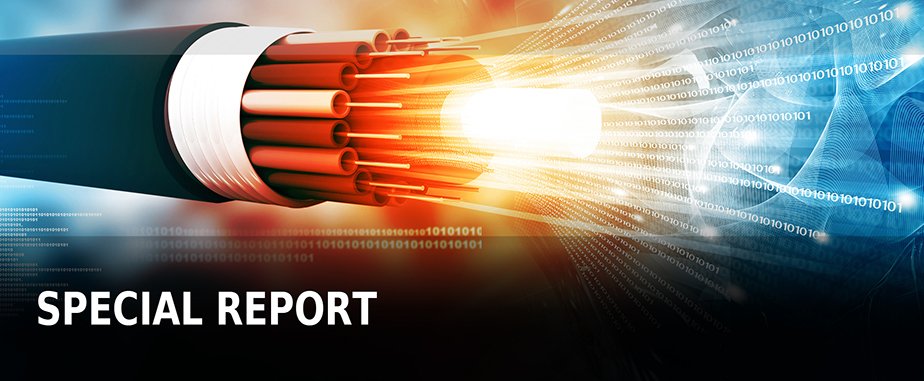Navigating Legal Complexities in Biometric Data Usage

The Evolution of Biometric Data Usage
The widespread adoption of biometric data, from fingerprint recognition to facial scans, has ushered in a new era of technological advancement. However, this surge in biometric data usage comes hand in hand with complex legal challenges that require careful navigation.
Privacy Concerns and Legal Implications
As biometric data becomes more prevalent in everyday life, concerns about individual privacy intensify. Legal frameworks must grapple with striking a balance between leveraging biometrics for enhanced security and protecting individuals from unauthorized access and potential misuse of their sensitive data.
Consent and the Boundaries of User Agreements
Obtaining informed consent for biometric data usage is a critical legal requirement. However, the challenge lies in ensuring that user agreements are transparent, easily understandable, and do not infringe upon an individual’s rights. Legal experts must address the complexities of consent in the context of biometric data, where the stakes are high in terms of privacy and security.
Security Breaches and Legal Accountability
The increasing reliance on biometric data makes systems more susceptible to security breaches. Legal challenges arise in determining accountability when such breaches occur. Establishing clear legal frameworks for companies and organizations to follow in the event of a biometric data breach is essential to mitigate risks and protect individuals affected.
Biases in Biometric Technology: Legal and Ethical Dimensions
Biometric technology is not immune to biases, whether racial, gender-related, or other forms of discrimination. Legal considerations must delve into the ethical dimensions of biased algorithms, ensuring that the use of biometric data is fair and does not perpetuate systemic inequalities. Addressing biases becomes a crucial aspect of shaping responsible legal frameworks.
Cross-Border Data Transfers and Legal Harmonization
With the global nature of biometric data usage, legal challenges arise in the context of cross-border data transfers. Ensuring the seamless flow of biometric information while respecting differing legal frameworks becomes imperative. Legal harmonization efforts are essential to create a cohesive approach that transcends international boundaries.
Regulatory Compliance and Industry Standards
Legal frameworks must keep pace with the rapid evolution of biometric technology. Establishing comprehensive regulations and industry standards is crucial to guide organizations in responsibly collecting, storing, and using biometric data. Legal compliance becomes a cornerstone in fostering public trust and confidence in the growing ecosystem of biometrics.
Employee Rights in the Workplace
The workplace integration of biometric data, such as fingerprint scans for attendance or facial recognition for access control, raises legal questions about employee rights. Legal professionals must navigate the complexities of balancing employer interests with the protection of employee privacy rights. Striking this balance is essential for creating fair and lawful workplace environments.
Biometric Data and Law Enforcement: Striking a Balance
Law enforcement agencies increasingly use biometric data for criminal investigations and public safety. Legal challenges emerge in finding the right balance between leveraging biometrics for effective law enforcement and safeguarding individuals’ rights. Legal frameworks must provide clear guidelines to prevent overreach and protect civil liberties.
Emerging Technologies and Future Legal Landscapes
As biometric technologies evolve, legal frameworks must be adaptive. Emerging technologies, such as biometric authentication in wearables or implantable devices, present novel legal challenges. Anticipating these challenges and proactively shaping legal landscapes is essential to foster innovation while ensuring ethical and legal use of biometric data.
Navigating the Legal Landscape of Biometric Data Usage
In conclusion, the legal challenges of biometric data usage require a comprehensive and adaptive approach. Navigating this landscape involves addressing privacy concerns, enhancing consent mechanisms, establishing accountability for breaches, tackling biases, and harmonizing regulations globally. Legal professionals play a pivotal role in shaping frameworks that uphold individual rights while fostering responsible innovation in the realm of biometrics.
For more information on Legal challenges of biometric data usage, visit Legal challenges of biometric data usage.











